
Here’s a look at the best TV shows that debuted each year of the 2000s. Following the fantastic shows of the 1990s—like the popular Friends which premiered in 1994—viewers were in for a treat with a wave of compelling dramas and delightful comedies.
As a TV fan, I remember watching the pilots of some shows in the 2000s and just knowing they were going to be huge. Whether it was a groundbreaking miniseries that kicked off a new style of storytelling, or a medical drama that’s still captivating audiences today, there was something special about them. Even now, years later, I still think about those shows and they feel just as powerful and relevant as they did when they first aired.
2000: Malcolm in the Middle
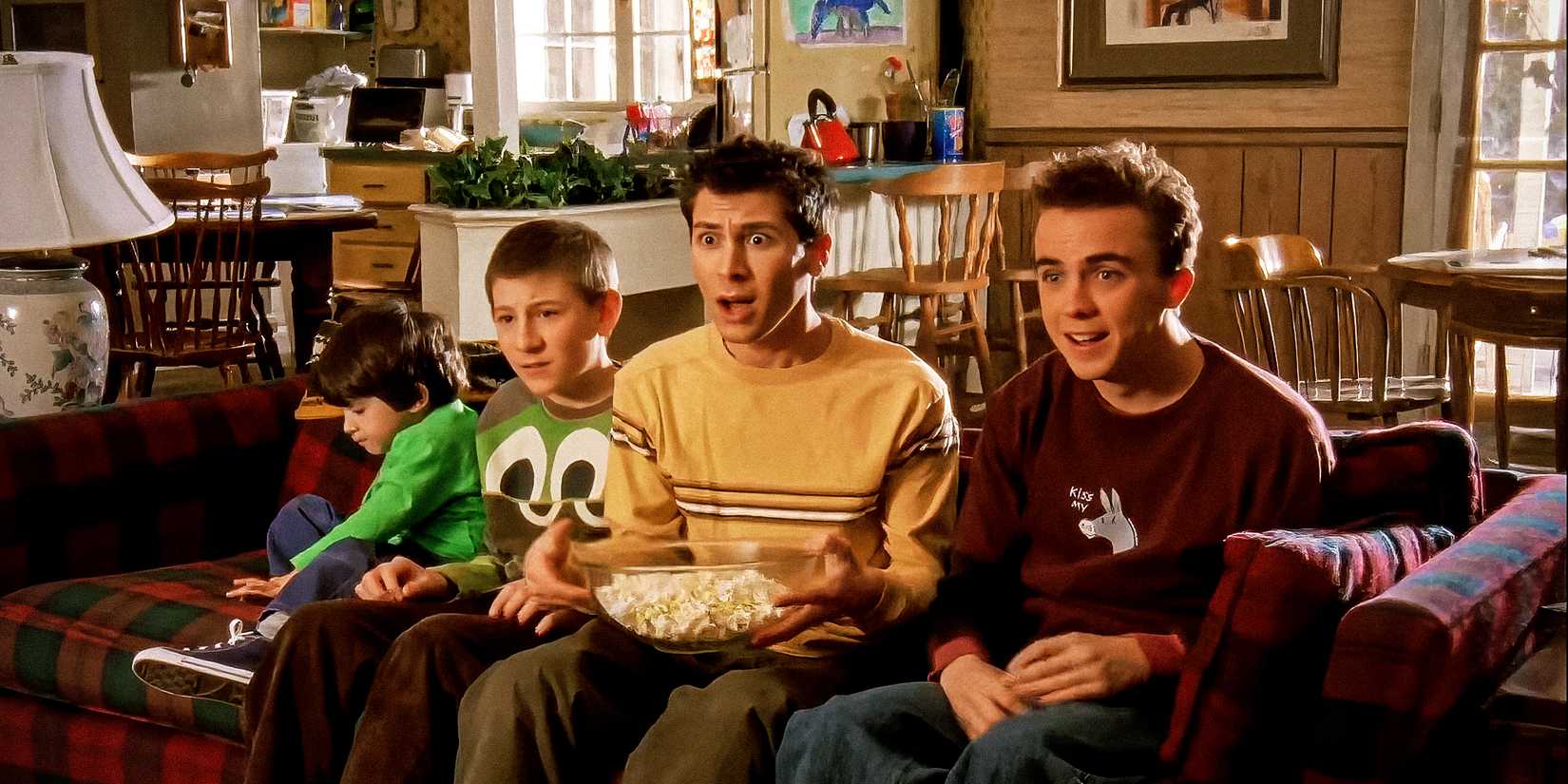
Premiering in 2000, Malcolm in the Middle quickly became popular, building on the success of family sitcoms like Full House, but offering a unique and lovable family dynamic. Frankie Muniz plays the main character, a charming boy who, despite loving his family and siblings, always feels like the odd one out, both at home and in school.
Beyond just being a fun show to revisit, Malcolm in the Middle remains popular because of the fantastic acting by Bryan Cranston and Jane Kaczmarek, who play the parents, Hal and Lois. The show’s depiction of squabbling siblings feels very real, and despite their often harsh treatment of each other, it’s clear they deeply care for one another.
2001: Band of Brothers
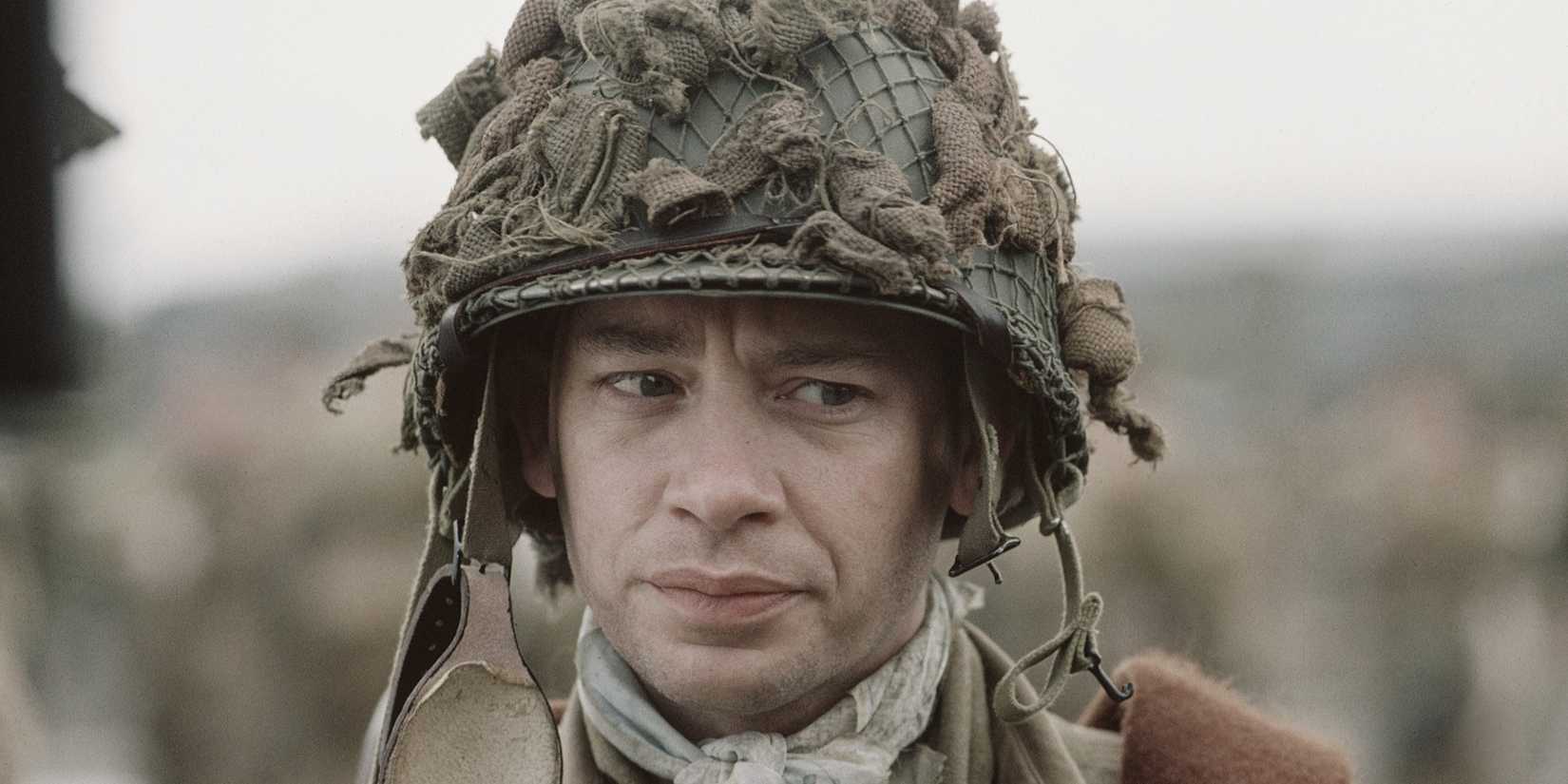
The 2001 war miniseries Band of Brothers was incredibly impactful, proving how powerful this kind of storytelling could be, and it remains widely discussed today. The HBO show features a large cast of characters, effectively highlighting the sheer number of soldiers involved in any war and the emotional weight of that reality.
The 2000s saw the rise of compelling dramas, and miniseries really gained popularity then. Shows like Generation Kill and Angels in America were particularly impactful, and continue to resonate with viewers today.
Band of Brothers naturally attracted viewers who enjoy war stories, but it also captivated audiences with its concise and compelling way of telling them, leaving us eager for more.
2002: The Wire
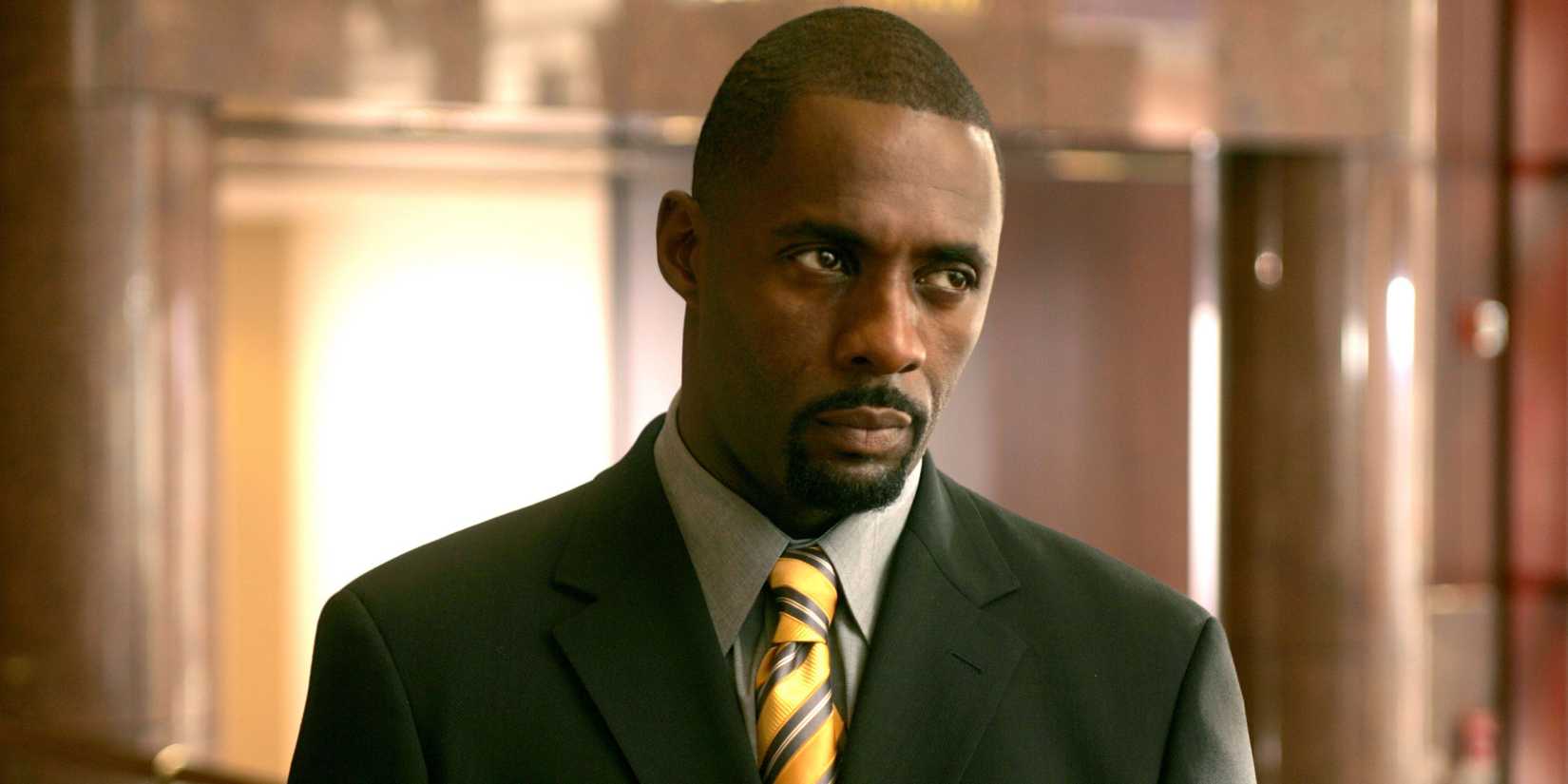
HBO became known for high-quality dramas in the 2000s. After Six Feet Under debuted in 2001, The Wire quickly gained widespread acclaim when its first episode aired in 2002.
There’s always plenty to talk about with this crime drama – whether it’s the gritty, realistic stories about drugs and policing in Baltimore, or just how well it’s written.
Because The Wire realistically portrays life in Baltimore while also feeling universally relatable to many major cities, its episodes remain timeless and powerfully relevant even now.
2003: NCIS
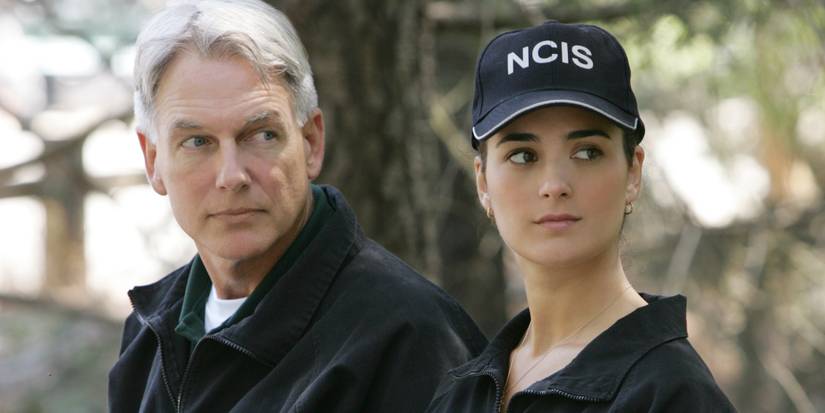
I knew from the very first episode of NCIS that this CBS show was going to be a big deal. Mark Harmon as Leroy Jethro Gibbs is just captivating – I immediately wanted to learn everything about his character. He’s the kind of lead you just can’t help but be drawn to.
One of the biggest reasons people enjoy the show is the strong connection between the main characters. Without that connection, the episode-by-episode format could get boring. Luckily, NCIS remains incredibly popular, and with its 23rd season currently on air, it’s difficult to see it losing its fans anytime soon.
As a big fan of the NCIS universe, I’m not surprised at all to see so many spin-offs popping up! From shows like Tony & Ziva on Paramount+ to the prequel NCIS: Origins, it really shows how engaging the original stories and characters still are. It’s great to see the franchise continuing to deliver thrills!
2004: Lost

I still remember when Lost first came out in 2004 – it completely blew me away with its story of plane crash survivors. What really grabbed me, and still does, is how much time the show spent developing these characters before the crash. It’s a prime example of just how compelling television can be. Even now, the twists are so engaging, I genuinely care about the characters, and that island setting remains incredibly atmospheric and unsettling.
Despite the disappointment many felt with the ending of Lost, a lot of fans still really enjoy the show and revisit it, hoping to gain a deeper understanding of its complex story. It’s one of those shows you can watch again and again, always discovering new details and nuances.
2005: Grey’s Anatomy
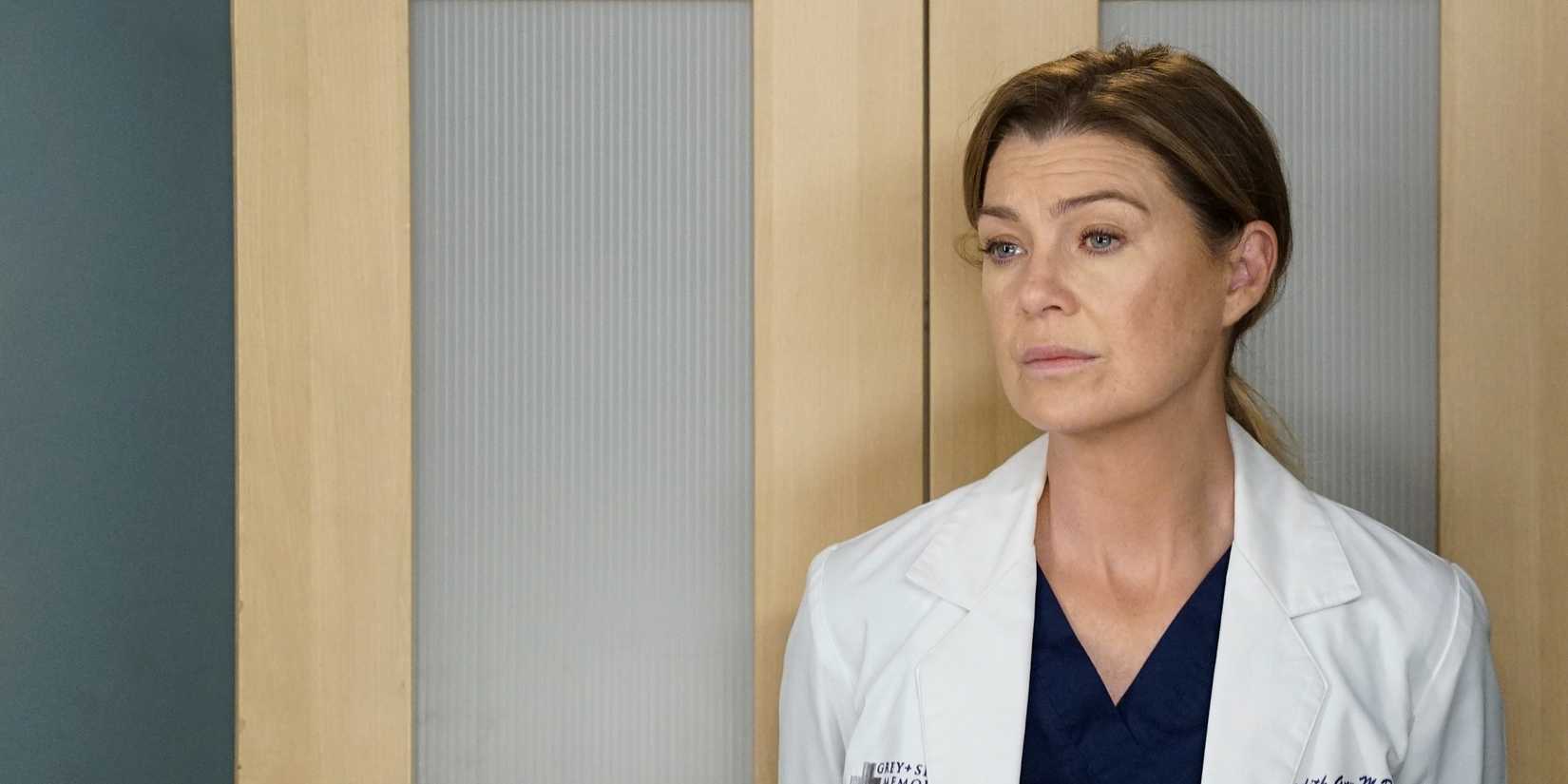
I remember when Grey’s Anatomy first came out in 2005 – it was absolutely incredible! Like ER back in 2004, and even now with all the talk around The Pitt from 2025, Grey’s really stood out. That very first episode introduced us to these amazing, relatable interns and, of course, the instant chemistry between Meredith Grey (Ellen Pompeo) and Derek Shepherd (Patrick Dempsey) – it just hooked you right away.
Everyone expected Grey’s Anatomy to be successful, but few predicted it would still be on television in 2025. That kind of longevity is unusual for any show, especially medical dramas, which need consistently compelling stories and characters to keep viewers engaged. Even ER, a very popular show, ended after 15 seasons.
Viewers continue to tune into Grey’s Anatomy because of its dramatic cliffhangers, engaging romantic relationships, and dedicated, passionate characters.
2006: Friday Night Lights
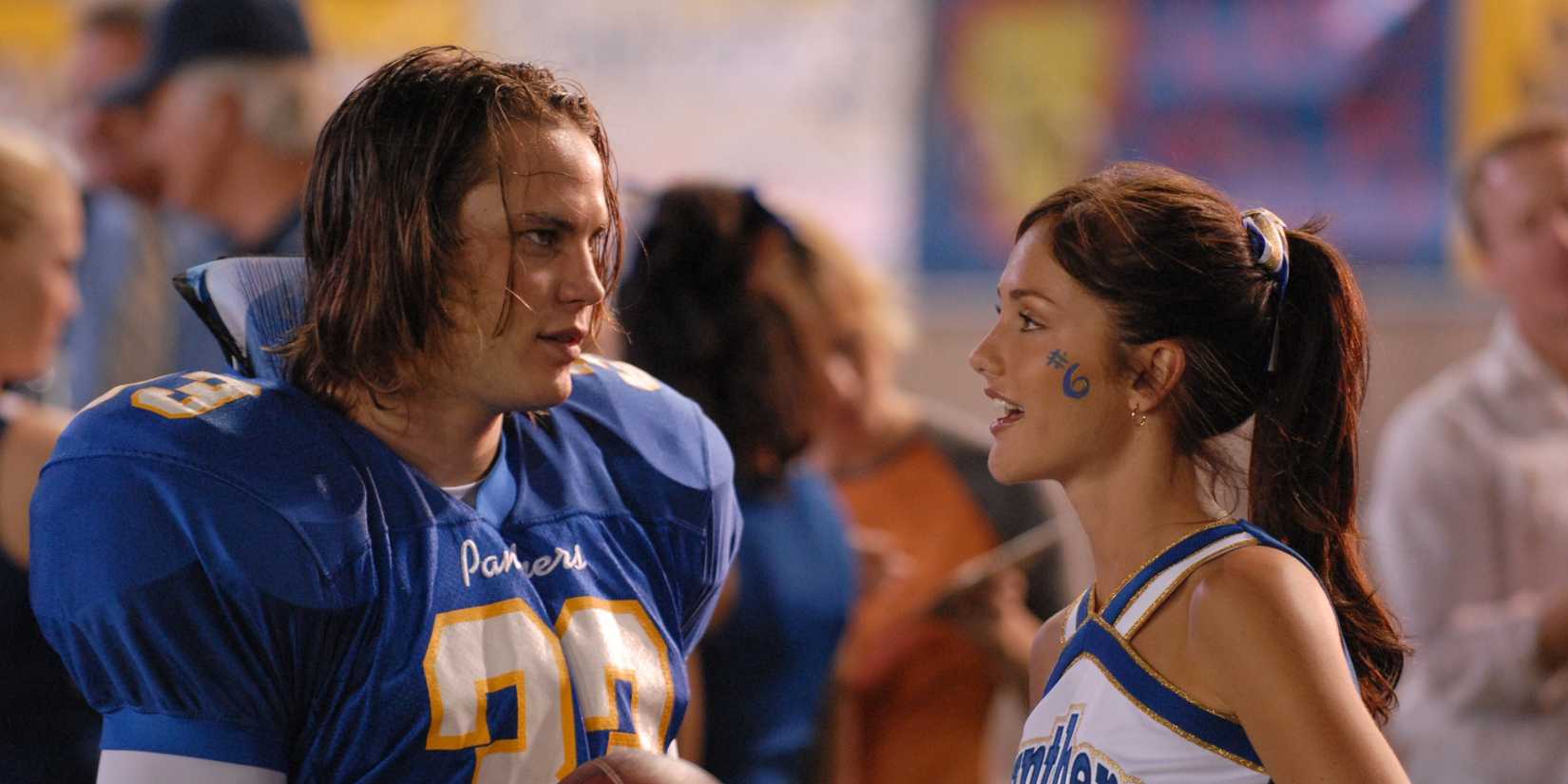
Many people remember Friday Night Lights for getting them invested in high school sports. Although 2006 saw the debut of other popular shows like Psych and Big Love, Friday Night Lights was widely considered the best series of that year.
Despite a weak storyline in season two involving Landry Clarke, Friday Night Lights remains remarkably watchable. It balances compelling football action with genuinely touching character development, a quality many dramas from the 2000s lack. Unlike those shows, Friday Night Lights avoids unnecessary filler and questionable plot choices.
The show was a classic coming-of-age story with compelling plots that explored the lives of both teenagers and adults. It tackled important themes like social class, race, love, and family in a meaningful way.
2007: Mad Men
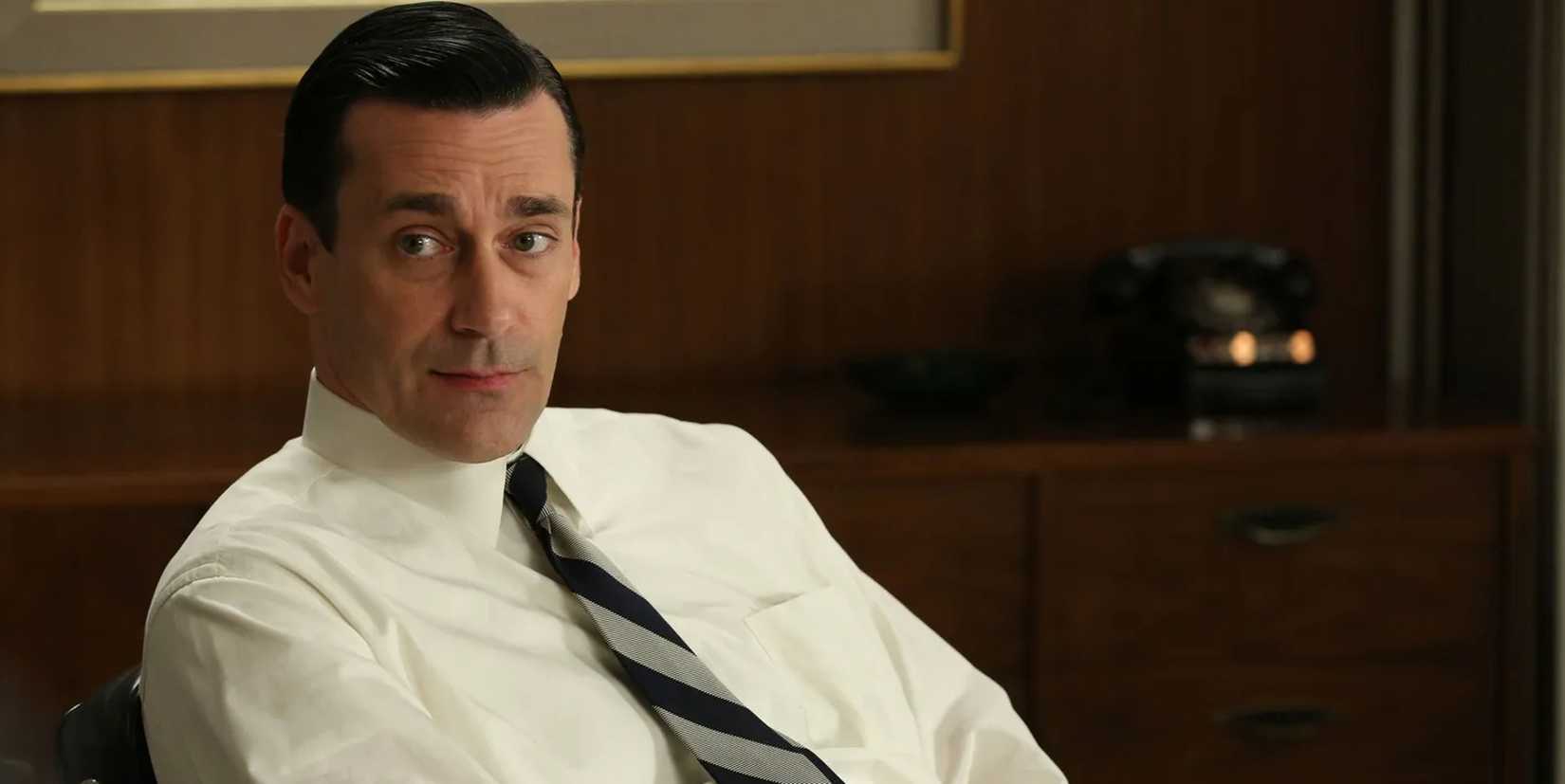
The fantastic first episode of Mad Men hinted at the show’s future success when it debuted in 2007. Mad Men brilliantly immerses viewers in the captivating world of 1960s New York City advertising, and it also deeply connects us with the challenges faced by compelling characters like Peggy Olsen, played by Elizabeth Moss.
Mad Men remains a compelling show because it expertly blends the social issues of its era—particularly sexism and imbalances of power—with accurate portrayals of historical events. Its impact feels just as strong now as it did when it first aired.
Don Draper (Jon Hamm) is still a fascinating character to watch, especially when he’s presenting to clients and cleverly using emotions in his advertising campaigns. He was one of the first TV protagonists who captivated audiences even though he could be tough, self-absorbed, and overly driven.
2008: Breaking Bad
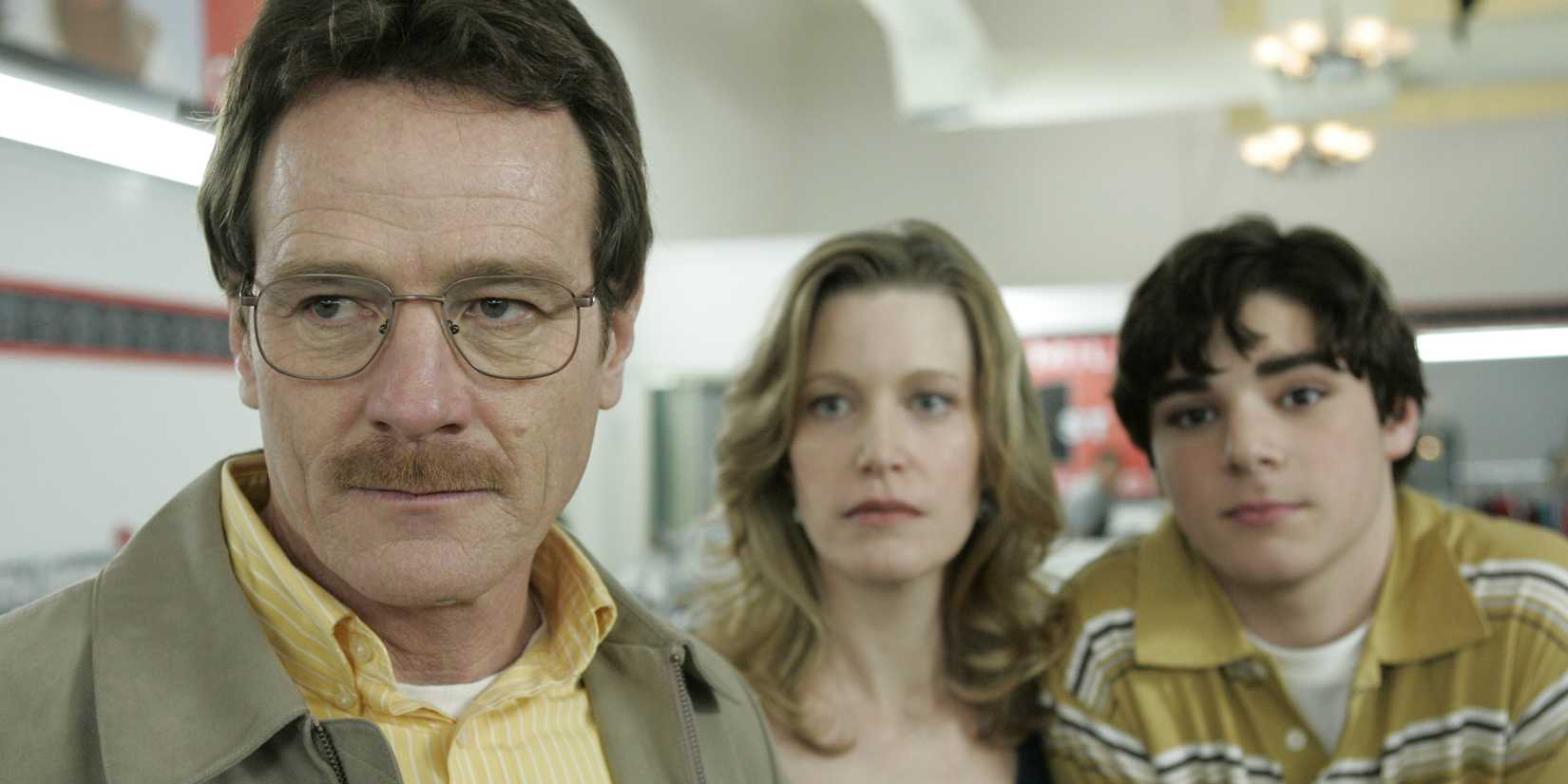
Though Sons of Anarchy also began in 2008, many consider Breaking Bad to be the best TV show that year, thanks to its incredible storytelling. It’s rare for a show to end with an episode as impactful and unforgettable as its very first, but that’s exactly what happened with the story of Walter White (Bryan Cranston).
Throughout its five seasons, Breaking Bad masterfully combines Walter White’s battle with cancer with thrilling action and intense danger. While the show avoids being overly sentimental or cliché, it powerfully portrays the emotional weight of his situation. This creates a compelling sense of urgency and makes the series stand out from typical crime dramas.
2009: The Good Wife
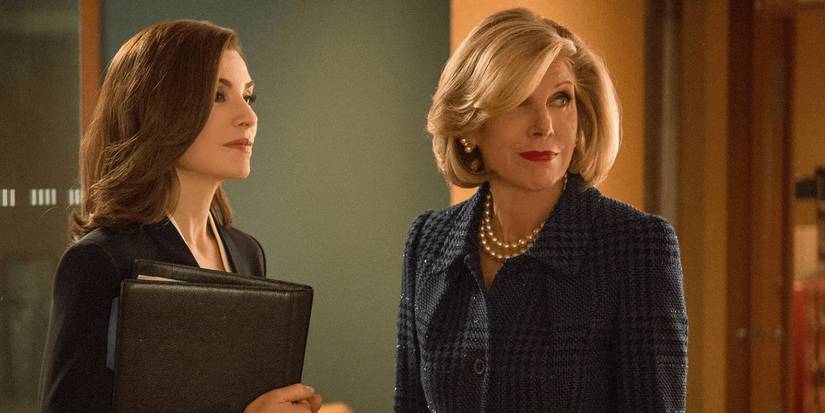
While shows like Suits and the Law & Order series are popular, The Good Wife stood out as the most captivating legal drama since 2009 thanks to its excellent storytelling. Having admired Juliana Margulies’ performance as the determined nurse Carol Hathaway on ER, it was a pleasure to see her portray another strong and resilient character, Alicia Florrick, a lawyer and mother.
Many legal dramas are similar, but The Good Wife stands out thanks to its compelling characters. Viewers connect with Alicia Florrick as she navigates the fallout from her husband Peter’s infidelity, and we’re captivated by her talented colleagues, like the sharp investigator Kalinda Sharma.
Watching Alicia’s continued growth is still inspiring, especially alongside Diane Lockhart (Christine Baranski), her sharp and successful boss.
Read More
- My Favorite Coen Brothers Movie Is Probably Their Most Overlooked, And It’s The Only One That Has Won The Palme d’Or!
- Will there be a Wicked 3? Wicked for Good stars have conflicting opinions
- Exclusive: First Look At PAW Patrol: The Dino Movie Toys
- The Coming Infrastructure Crisis: Can Networks Handle the AI Boom?
- Hell Let Loose: Vietnam Gameplay Trailer Released
- 3 Best Movies To Watch On Prime Video This Weekend (Dec 13-14)
- Decoding Cause and Effect: AI Predicts Traffic with Human-Like Reasoning
- Landman Recap: The Dream That Keeps Coming True
- Ragnarok X Next Generation Class Tier List (January 2026)
- First Glance: “Wake Up Dead Man: A Knives Out Mystery”
2025-10-26 20:02